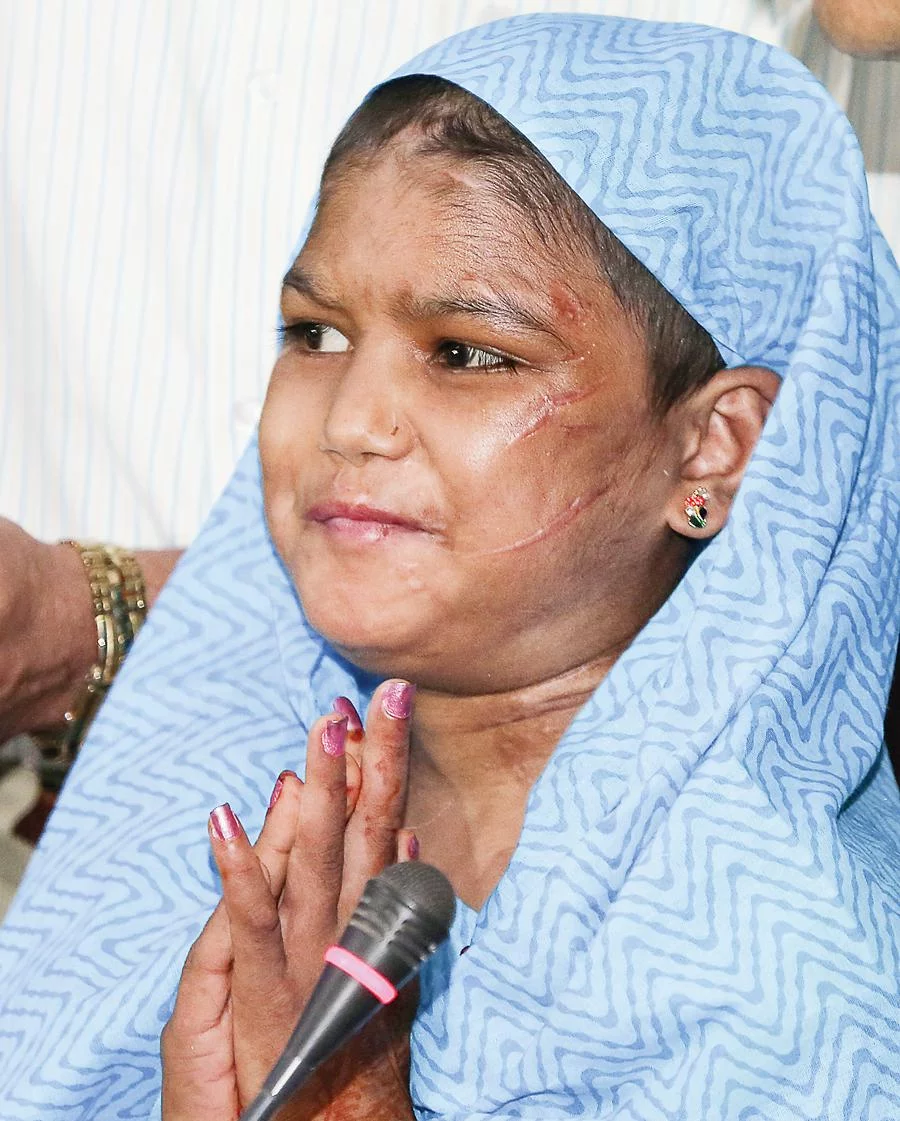Perpetrators enjoy impunity, rarely sued or arrested
Victims are mostly girls below 18 years of age
Cases filed in less than half of incidents
340 killed, 17 workers committed suicide since 2011
286 incidents of deaths and torture from 2013 to March 2018
Eleven-year-old Aduri got justice for the inhuman torture she had to endure at the house of her employer, Nourin Jahan from Mirpur DOHS, in 2013. After a public uproar for justice, Nourin was given a life term in jail and a fine of Tk1 lakh after a long legal process in 2017.
It has still been the lone case of violence against domestic workers in the country to see a verdict.
In recent times, the demand for house help has been rising in urban settings. However, due to the engagement of women and teenagers in the garment industry and also because of early marriage, the cost of employing a person in household work is increasing.
However, the reports of widespread abuse of domestic workers coming to the media discourage many from taking up this job as a profession.
Experts say that the culture of impunity for the perpetrators encourages them to commit crimes again and again.
A mindset of lax enforcement of the related laws against the perpetrators has exacerbated the situation, whereas there are various laws and the Domestic Workers Protection and Welfare Policy, 2015, in place as remedies.
In most cases, the law enforcers do not arrest the perpetrators, delay the investigation process, give final reports, or file weak chargesheets that help the accused to go scot-free.
The incidents come to the forefront only when a domestic worker dies, is tortured in public, or reports the incidents after fleeing the workplace.
Incidents of murder, torture, sexual assaults, and discrimination against domestic workers remain rampant due to negligence towards house help, who are mainly girls aged below 14 coming from poor and marginalized families, like the indigenous communities.
Shocking state
There is no specific data on the number of people engaged as domestic workers in the country. However, some say that there are more than 2.5 million workers, over 80% of whom are females.
However, 80% of the workers engaged as permanent domestic help in urban homes are minor girls.
Rights group Bangladeshi Ovhibashi Mohila Sramik Association (BOMSA) states that 95% of domestic workers do not have any written contract with their employers.
Bangladesh recognized persons engaged in this profession as workers as it enacted the Domestic Workers Protection and Welfare Policy in 2015. However, the country has not formulated a law or the rules to try the cases exclusively.
Currently, violations of domestic workers’ rights are dealt with under the Women and Children Repression Prevention Act.
The call for a separate law has been a long-standing demand. The Domestic Workers’ Rights Network was established on December 14, 2006, with an active alliance of 30 trade unions and human rights organizations.
According to the network’s latest data, at least 340 domestic workers were killed and 355 were tortured by their employers from 2011 till August this year. During this time, 17 workers committed suicide and two went missing.
From 2013 to March 2018, at least 286 domestic workers were tortured and killed in different ways across the country. Of them, 149 workers died, including 32 due to physical abuse and 117 due to unknown causes.
Of the torture victims, 183 were below 18 years of age. Moreover, out of 286 incidents, only 122 cases were filed with the police.
According to the Bangladesh Mahila Parishad’s data on violence against women and girls, seven domestic workers have been subjected to violence from January to September this year. In addition, 11 have been murdered, and one has committed suicide.
On the other hand, the human rights organization Ain o Salish Kendra (ASK) states that 36 domestic workers have died in their workplace across the country, including Dhaka, in the last three years, and 90% of them were victims of violence.


মন্তব্য করুন
মন্তব্য করার জন্য আপনাকে অবশ্যই লগইন করতে হবে।